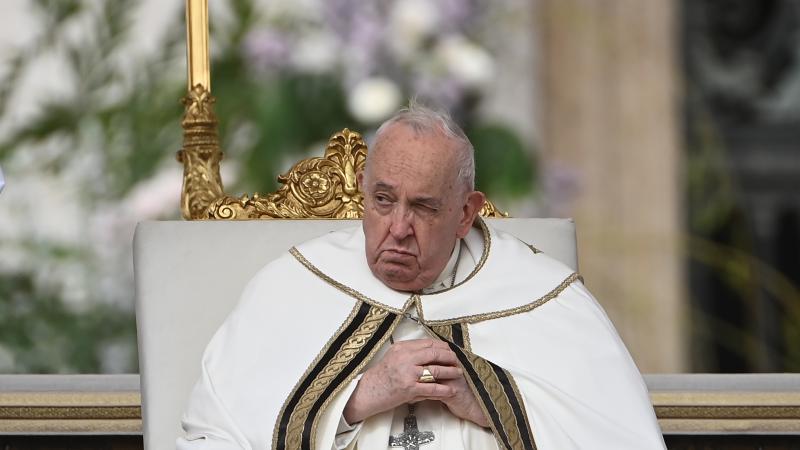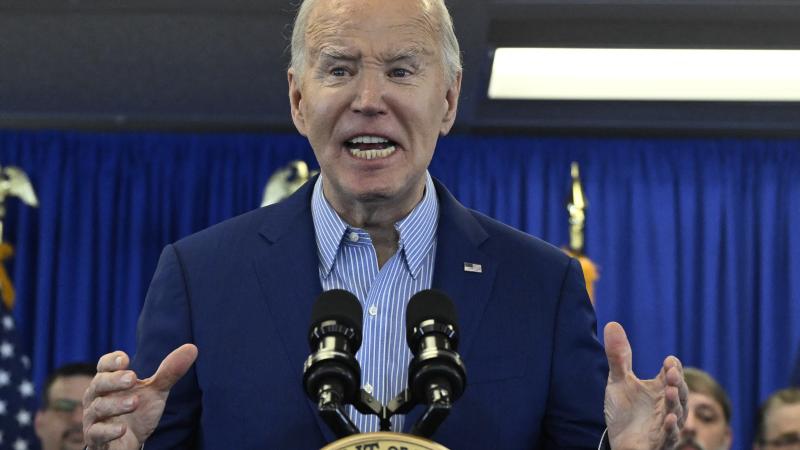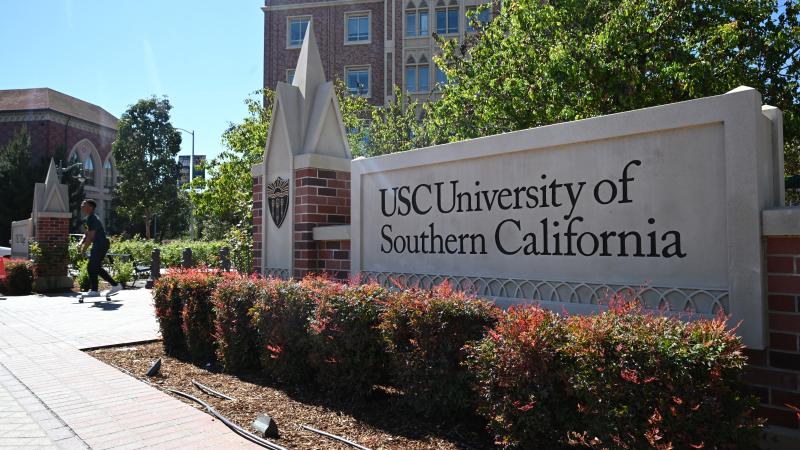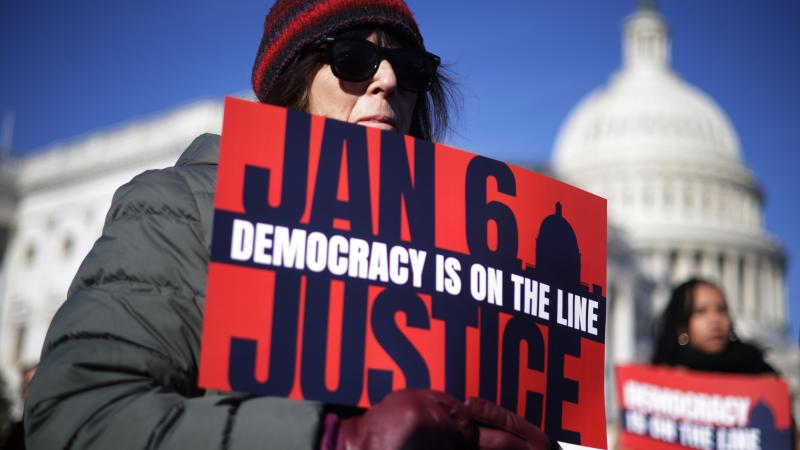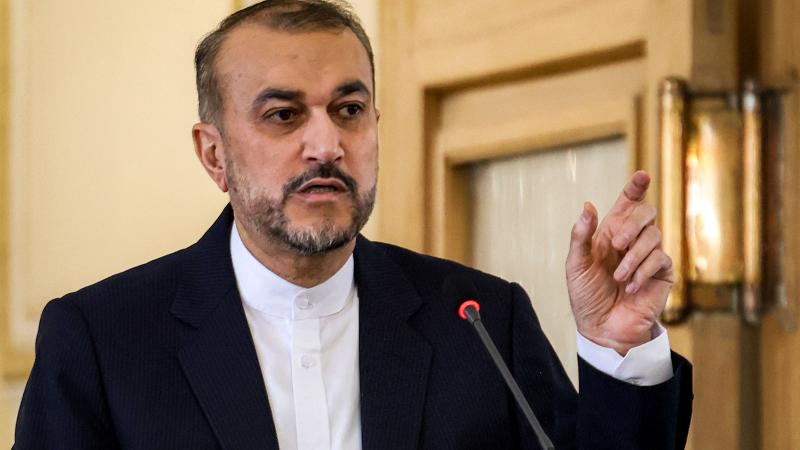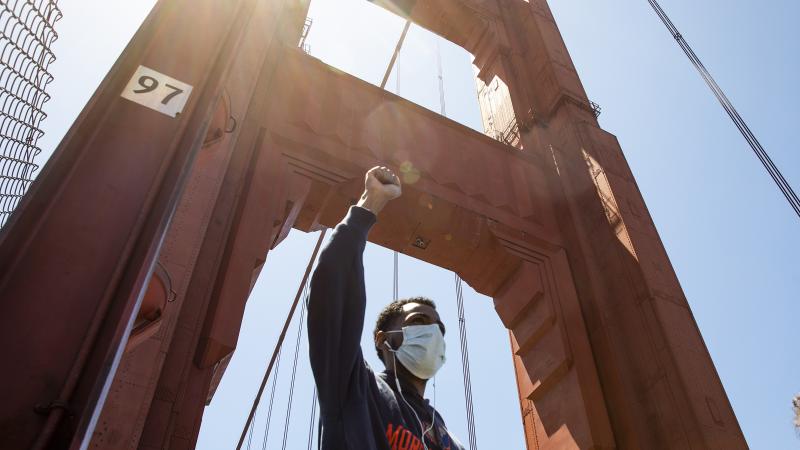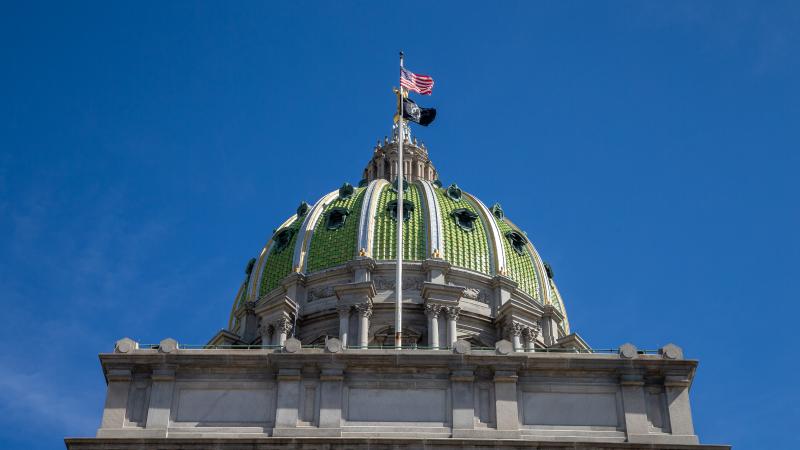Federal judge flays Wayne State for bias against Christian student club
Holds university officials personally liable, orders trial to set compensatory damages for constitutional violations.
Public university officials violated the constitutional rights of a Christian student group and will now face a trial to set the compensatory damages for that violation, a court ruled this week.
InterVarsity Christian Fellowship had operated continuously at Michigan's Wayne State University "since the 1930s" — until campus officials stripped its recognition in 2017 for "requiring that its faith leaders profess to be faithful," U.S. District Judge Robert Cleland wrote in a scathing 83-page ruling.
"The uncontested facts demonstrate" that the taxpayer-funded institution and two officials violated the Constitution's Establishment Clause and the club's rights to "internal management, free speech, freedom of association, freedom of assembly, and free exercise as a matter of law."
Student Life Coordinator Ricardo Villarosa and Dean of Students David Strauss lost their "qualified immunity" — a legal shield against personal liability for their acts as public officials — for violating "clearly established" law on all but one claim. For now, the university has been ordered to pay $1 in "nominal" damages.
Cleland allowed the lawsuit to move forward in 2019, noting the university didn't dispute that it allowed several other student groups to set membership and leadership criteria that exclude some students, from sex-restricted club sports and Greek-letter fraternities to the veterans-only Student Veterans Organization.
InterVarsity only requires its student leaders, who perform ministerial roles, to agree to its Christian statement of faith.
The judge gave a history of English state interference in religious affairs going back several hundred years. The First Amendment was adopted against this backdrop, and the Supreme Court has "repeatedly and unequivocally stated the First Amendment creates a broad right against any government intrusion into a religious organization's internal affairs."
He also compared WSU's actions to COVID-19 restrictions in an Ohio county that shuttered religious and secular schools but allowed "gyms and casinos" to stay open. The 6th U.S. Circuit Court of Appeals, which oversees Cleland's court, struck down the health department orders for restricting "religious conduct" differently than nonreligious conduct.
The Becket religious liberty law firm represented InterVarsity. "The law is crystal clear: universities can't kick religious student groups off campus just because they choose leaders who share their faith," senior counsel Lori Windham said in a statement.
It's the second win for a Becket client in less than a week. The 8th Circuit Court of Appeals denied qualified immunity to University of Iowa officials for anti-Christian discrimination against a similar student group.
Becket senior counsel Daniel Blomberg told Just the News at the time that the 8th Circuit ruling "played significantly" in oral argument in the Wayne State case later that week. The law firm is awaiting a ruling from that appeals court in another InterVarsity case, a spokesperson confirmed Tuesday.
"Unfortunately, despite the InterVarsity Christian Fellowship being granted everything it requested in a timely manner, it continued to pursue litigation, forcing the university to spend time and taxpayer dollars in an unnecessary lawsuit," Matt Lockwood, WSU associate vice president of communications, told Just the News.
"Now, two years later, the judge has awarded $1 in nominal damages, as well as the opportunity for InterVarsity to continue the lawsuit in pursuit of compensatory damages, despite having been restored to their previous status in March of 2018," he said. "We recently received the court's 83-page opinion and are reviewing it."
Judge Cleland affirmed that continuing the litigation was necessary because WSU refused to change the nondiscrimination policy and "still contend[s] that Plaintiffs are in violation." He forbade the university from again revoking InterVarsity's recognition based on its "religious criteria for student leadership selection."
First Amendment crafted to protect 'divergent religionists' from 'repression and violence'
When the university yanked InterVarsity's recognition for violating WSU's nondiscrimination policy, the club lost several tangible benefits, including "free or reduced-price meeting spaces," funding eligibility, recruitment opportunities and access to the university platform for communicating with students.
InterVarsity spent thousands of dollars in one semester to rent "smaller and less accessible rooms," cut back its meetings and events, and had to set up for a major recruiting event "on a different floor near a Starbucks coffee shop," Judge Cleland wrote.
He noted that many other clubs were allowed to discriminate, in so many words, under university policy. WSU grants itself discretion to implement "affirmative action measures which are designed to achieve full equity for minorities and women," notwithstanding the nondiscrimination policy.
Even among religious groups, InterVarsity was singled out. Muslim, Catholic and other Christian clubs were allowed to set leadership tests that violate WSU's interpretation of the nondiscrimination policy, the judge said. And the university left alone the Student Secular Alliance, which bars members from "preaching."
The policy also "categorically permitted" recognized clubs to limit membership eligibility "based on ethnicity, political viewpoint, ideology, physical attractiveness, and grade point average."
Villarosa, the student life coordinator, rejected InterVarsity's constitution when it tried to renew its recognition in fall 2017, though the language was not "materially different" from previous years' submissions.
The club protested, saying other clubs were allowed to set exclusionary leadership criteria, but the university's general counsel agreed with Villarosa that InterVarsity's rejection was "appropriate and legal," the judge wrote.
That is wrong, according to Cleland. "The First Amendment was crafted in part to protect religious diversity and allow divergent religionists, who were often the subject of repression and violence, room to create and mold their own spiritual lives and their society," the judge wrote in his history of English and colonial American laws that regulated the appointment of ministers.
The post-Civil War law known as Section 1983 lets individuals sue state governments for violating their constitutional rights, he said.
"It strains credulity to think that the First Amendment was enacted solely to protect religious organization's internal management from the judiciary and private lawsuits," Cleland wrote in rebuttal to WSU. "The First Amendment and [Section] 1983 were not designed to lay dormant until targeted individuals and groups face a criminal or civil judgment."
Under the university's view, a state could order churches to appoint women as clergy and then shut them down when they refuse to comply, forcing church members to "risk jailtime or substantial fines at a court proceeding to vindicate their constitutional rights," the judge said.
The 6th Circuit has also previously upheld the national InterVarsity organization's right to choose its ministers against a sex discrimination lawsuit by a former employee, Cleland noted.
Why wouldn't small religious group fall under 'minorities' exception?
The InterVarsity chapter will suffer more than "minor costs" if WSU can influence whom it chooses as leaders, according to the judge.
The university took action against the club and its parent organization "because they do not allow non-believers ... to hold important spiritual offices," the judge wrote. "An avowed atheist that holds deep resentment toward the Christian faith must, under Defendants' policy, be given the opportunity to become a Christian leader."
The resulting deprivation of university benefits turned InterVarsity into an "outsider" with a "stigma," which hampered the club's recruitment efforts. "No religious group can constitutionally be made an outsider, excluded from equal access to public or university life, simply because it insists on religious leaders who believe in its cause," Cleland said.
The judge emphasized that club leaders could even be punished under WSU policy for InterVarsity leadership criteria, including suspension, expulsion and a "transcript disciplinary record." The university cannot threaten their "continued access to public education" for exercising their First Amendment rights, Cleland held.
The university also violated the club's free speech rights — and the viewpoint neutrality required by WSU's "limited public forum" — by forbidding it from excluding non-Christian leaders, the judge said. The result was less diversity of belief in registered student organizations.
Not even Villarosa, the student life coordinator, could defend the university's argument. He agreed that requiring InterVarsity to "have a leader who doesn't share its faith could change the nature of" the organization, Cleland wrote.
Revoking its recognition was "arbitrary, inconsistent, and not reasonably related" to WSU's club recognition program, especially in light of the university's permissive approach to other religious and secular student clubs. The university denied InterVarsity its ability to "establish unity of purpose" and fend off "uninterested or even hostile peers" from taking over the club.
The judge was also baffled why WSU wouldn't consider InterVarsity for the vague "minorities" exception to its nondiscrimination policy. Villarosa said the university doesn't define what this means, but according to Cleland, "a devout Christian group with around 20 to 35 members" on a campus of 20,000 students would seem to fit.
It's not disputed that WSU "applied a policy that lacks objectivity and is enforced on an inconsistent basis," the judge wrote: Many other groups conditioned leadership and membership on shared beliefs, sex or ethnicity, but the university singled out "this small group of Christians" for requiring "their Christian leaders to be … Christian."



